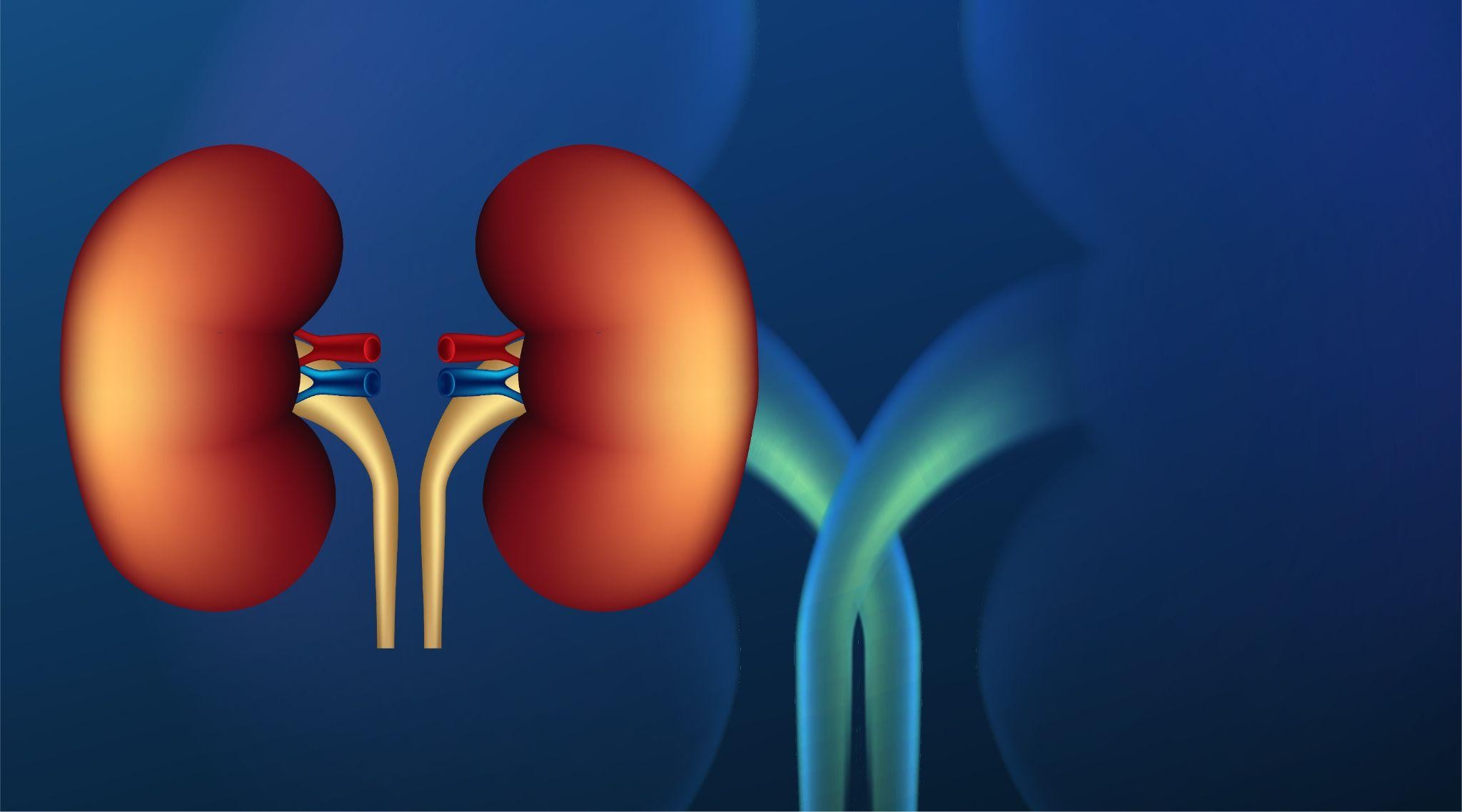
Chronic Kidney Disease (CKD) affects millions of people worldwide, often progressing silently until significant damage has occurred.
Early detection is crucial for managing the condition effectively. Recognizing the symptoms early can make a significant difference in treatment outcomes.
CKD refers to the gradual loss of kidney function over time. The kidneys are vital for filtering waste, balancing electrolytes, and regulating blood pressure. When they are compromised, toxins and fluids can build up in the body, leading to various complications.
Detecting CKD in its initial stages can be tricky since the symptoms might be mild or attributed to other issues. Here’s what to watch for:
One of the earliest signs is feeling unusually tired. As kidney function declines, waste products accumulate in the blood, causing lethargy. If you find yourself struggling with daily activities or needing excessive rest, it could signal kidney trouble.
Alterations in urination are often a red flag. You might notice:
When kidneys don’t efficiently remove excess fluid, swelling (edema) can occur. It typically starts in the lower extremities and may worsen as the condition progresses.
Some people might also experience these kind of symptoms:
Fluid retention can impact the lungs, leading to breathing difficulties. If walking short distances or climbing stairs feels unusually challenging, it might be more than a fitness issue.
A buildup of waste in the blood can irritate the skin, causing dryness or itching. Scratching may provide temporary relief but often worsens the discomfort over time.
Some people report a strange taste or bad breath that resembles ammonia. This can result from high levels of urea in the blood.
Feeling nauseous or losing interest in food are common complaints among those in the early stages of CKD.
CKD often stems from underlying health conditions or lifestyle choices. Knowing the risks can help in early detection.
Diabetes and high blood pressure are the two most common causes of CKD. Persistent high blood sugar levels can damage the blood vessels in the kidneys, reducing their ability to filter waste effectively.
Similarly, hypertension puts excessive pressure on the delicate structures within the kidneys, leading to scarring and eventual loss of function. Properly managing these conditions through medications, regular monitoring, and lifestyle changes such as healthy eating and exercise can significantly lower the risk of developing CKD or slow its progression if already present.
Genetics play an essential role in the likelihood of developing CKD. A family history of kidney disease may increase your susceptibility to the condition.
Genetic predispositions, coupled with shared environmental factors or lifestyles, can make some individuals more prone to kidney damage.
If you know kidney disease runs in your family, regular health screenings are vital. Early testing for kidney function and discussions with your healthcare provider can help identify and mitigate risks before significant issues arise. Awareness and proactive management are key to preventing complications.
Unhealthy lifestyle choices often contribute to the onset or worsening of CKD.
Smoking damages blood vessels and reduces blood flow to the kidneys, impairing their function.
Obesity increases the risk of conditions like diabetes and hypertension, which are closely tied to kidney damage.
A diet high in sodium and processed foods puts additional strain on the kidneys, leading to faster deterioration. Making positive changes, such as quitting smoking, maintaining a healthy weight, and choosing a balanced diet with fresh ingredients, can greatly reduce the risk of CKD and enhance overall kidney health.
If you notice any of these symptoms or have risk factors, consult a healthcare professional. Early intervention is vital. Tests such as blood work, urine analysis, and imaging can confirm the diagnosis and help determine the stage of the disease.
Though CKD has no cure, early-stage management can slow its progression significantly. Here are some strategies:
Adopting a kidney-friendly diet is essential for managing CKD in its early stages. This includes limiting sodium intake to reduce fluid retention and controlling blood pressure.
Reducing protein can minimize the buildup of waste products in the blood, while monitoring potassium levels can prevent complications like irregular heart rhythms.
Incorporate fresh fruits and vegetables, but choose low-potassium options like apples, berries, and cabbage.
Disscuss with a dietitian to create a personalized plan that supports kidney health and overall well-being without compromising essential nutrients.
Consistent medical check-ups are crucial for tracking the progression of CKD and identifying potential complications early. Blood tests like serum creatinine and eGFR measure kidney function, while urine analysis detects protein levels or other abnormalities.
Regular monitoring helps your healthcare provider adjust treatment plans as needed.
It's also an opportunity to discuss symptoms or concerns, ensuring timely interventions. Sticking to a routine check-up schedule can make a significant difference in managing CKD effectively and preserving kidney function for as long as possible.
Proper medication management plays a key role in slowing CKD progression. For individuals with diabetes, maintaining blood sugar levels with prescribed medications can protect kidney health.
Related : The Role of Diet in Maintaining Kidney Health Post-Transplant
Similarly, controlling high blood pressure with ACE inhibitors or ARBs helps reduce strain on the kidneys. Additional medications may include diuretics to manage fluid retention or phosphate binders to regulate mineral levels.
Always take medications as directed and inform your doctor about any side effects or changes in your condition. Adjusting medications appropriately is essential for long-term kidney care.
Chronic Kidney Disease is a serious condition, but early detection and management can greatly improve quality of life. Pay attention to subtle changes in your body and don’t hesitate to seek medical advice if something feels off. Remember, your kidneys play a crucial role in maintaining your overall health. Treat them well!